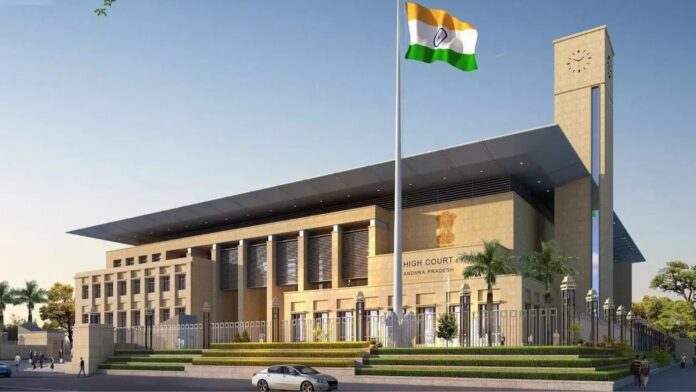For people working in either a private company or a public enterprise, the Gratuity Act of .1972 works as a shield that ensures that retiring employees must receive all the benefits of the Provident Fund and gratuity after they leave their jobs after a certain time period.
Many retiring employees rue the thing that they were deprived of receiving gratuity which is a major part of the retirement benefit and when they don’t receive this amount, they have to go to court to get their cases resolved.
Interestingly, in order to safeguard the interests of employees who fight for years for getting their due, Gratuity Bill was passed by both the Houses of Parliament which was approved by the President on August 21, 1972, and it finally became a law on September 16, 1972, under THE PAYMENT OF GRATUITY ACT, 1972 (39 of 1972).
Interestingly, this act mandates that an employee must have rendered at least five years of his service to receive this benefit. It is applicable even in that case if a retired person has passed away or is rendered disabled.
As per rules, the wife of the deceased employee will be entitled to receive that benefit, and even in that case, if he becomes either seriously ill or gets disabled.
In a recent ruling, the Andhra Pradesh High Court in a similar case ruled that the Payment of Gratuity Act, 1972 must be interpreted in favor of workmen and over The court relied on the Apex Court decision in Beed District Central Coop. Bank Ltd. v. the State of Maharashtra (2006) case held “the Payment of olf Gratuity Act . a beneficial statute.
Brief Facts of the case
The case relates to The District Cooperative Central Bank Limited, Eluru which had filed a writ petition under Article 226 of the Constitution of India for the issue of a writ of certiorari to quash an order passed by the Controlling Authority under the Payment of Gratuity Act on the ground that the petitioner was not liable to pay the gratuity of Rs. 1,08,758/- to 2nd respondent as it was not petitioner’s employee.
The counsel for the petitioner submitted that after the 2nd respondent was allotted to 3rd respondent society under AP Co-operative Societies Act and Rto contend that it did not have ultimate control over the affairs of 3rd respondent establishment and consequently the petitioner was not the ’employer. 2(f) “employer” means, relation to any establishment, factory, mine, oilfield, plantation, port, railway company, or shop.






